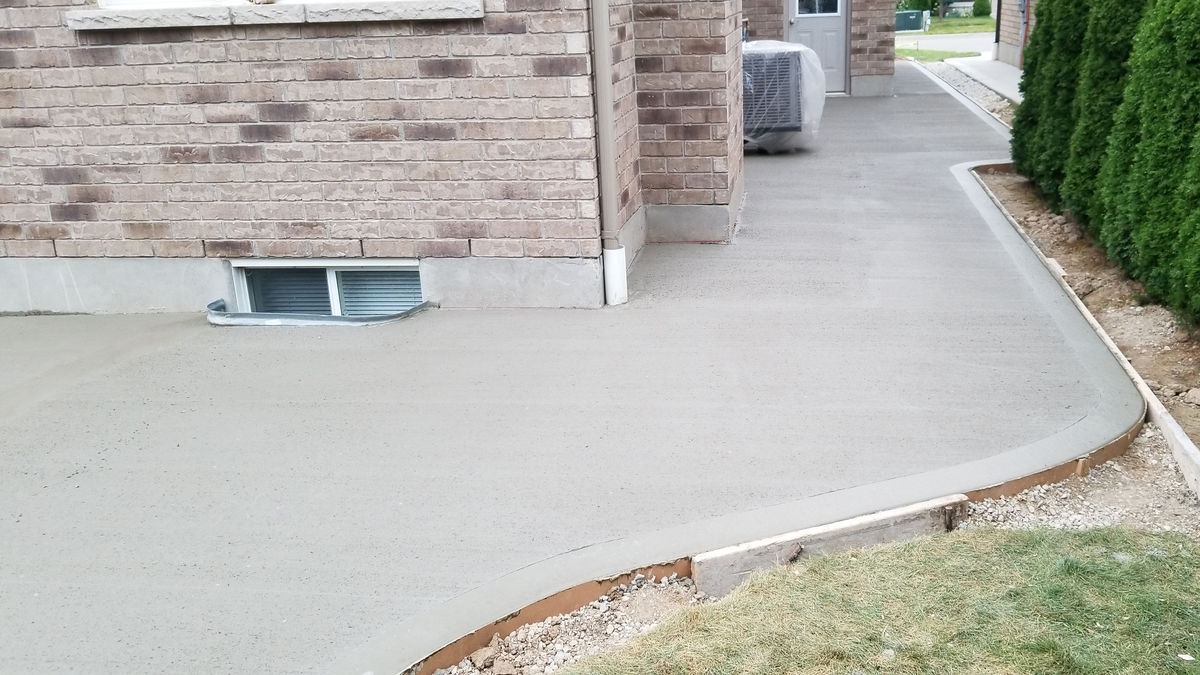

Articles
How Much Is A Concrete Walkway
Modified: December 7, 2023
Discover articles on how much it costs to install a concrete walkway. Get insights and tips on pricing, materials, and hiring contractors.
(Many of the links in this article redirect to a specific reviewed product. Your purchase of these products through affiliate links helps to generate commission for Storables.com, at no extra cost. Learn more)
Introduction
A concrete walkway is not only a functional addition to your property but can also enhance its curb appeal. Whether you need a walkway to guide visitors to your front door or to provide a path around your garden, it’s important to consider the cost factors involved in its installation. By understanding the materials and labor involved, you can make an informed decision and budget accordingly.
When it comes to the cost of a concrete walkway, several factors come into play. These factors include the size and shape of the walkway, the complexity of the design, the materials used, the location, and whether you choose to hire a professional contractor or tackle the project yourself. By understanding these factors, you can better estimate the overall cost and make an informed decision.
Additionally, it’s important to consider the long-term maintenance and durability of concrete walkways. Properly installed and maintained, they can last for many years, providing a solid and reliable path for you and your visitors. Let’s dive deeper into these factors and explore the cost breakdown of a concrete walkway installation.
Key Takeaways:
- Factors such as size, shape, complexity, materials, and location all play a role in determining the cost of a concrete walkway. By carefully considering these factors and obtaining multiple quotes, you can create a budget that suits your needs and project requirements.
- Hiring a professional contractor for a concrete walkway installation brings several advantages, including expertise, experience, and access to quality materials. However, if you have the necessary skills and knowledge, a DIY approach may be a cost-effective option, provided you are willing to invest time and effort into the project.
Read more: How To Remove Concrete Walkway
Factors affecting the cost of a concrete walkway
Several factors can influence the cost of installing a concrete walkway. It’s important to consider these factors before starting the project to ensure that you have a clear idea of what to expect in terms of expenses. Here are some key factors that can affect the cost:
- Size and shape: The size and shape of the walkway will directly impact the cost. Larger walkways will require more materials and labor, thus resulting in a higher cost. Similarly, if you opt for a unique or intricate shape, it will require more precision and effort, which can increase the overall cost.
- Complexity of design: If you plan to incorporate decorative elements or patterns into your concrete walkway, it will add to the complexity and cost. For example, stamped concrete or exposed aggregate finishes can enhance the aesthetics but will also increase the overall expenses.
- Materials used: The materials used for the walkway can vary in price. Standard gray concrete is generally the most affordable option, while colored or textured concrete can cost more. Additionally, if you choose to incorporate other materials like pavers or stones into the design, it will add to the total cost.
- Location: The location of the walkway can also impact the cost. If the site is easily accessible and has a clear path for equipment, it may result in lower labor costs. However, if the walkway needs to be installed in a hard-to-reach area or requires additional groundwork, it can increase the overall expenses.
- Additional features: If you plan to include additional features like lighting, handrails, or steps in your concrete walkway, it will add to the cost. These features require extra materials and labor to install, so it’s essential to consider them when estimating the overall expenses.
By considering these factors and discussing them with your contractor, you can get a better understanding of how they will impact the cost of your concrete walkway. It’s essential to have a clear vision of your desired walkway design and communicate it effectively to ensure accurate cost estimates.
Materials needed for a concrete walkway
Before starting the installation of a concrete walkway, it’s essential to have a clear understanding of the materials required. Having the right materials on hand will ensure a smooth construction process and a durable end result. Here are the main materials needed for a concrete walkway:
- Concrete: Concrete is the key ingredient for any concrete walkway. It’s important to choose the right type of concrete for your project, based on factors such as climate, intended use, and desired finish. Ready-mix concrete is commonly used due to its ease of use and consistency. The quantity of concrete needed will depend on the size and thickness of the walkway.
- Rebar or wire mesh: To add strength and durability to the concrete walkway, reinforcement is often necessary. Rebar (reinforcing bar) or wire mesh is typically used to reinforce the concrete and prevent cracks or shifting. The amount and type of reinforcement required will depend on the size and load-bearing requirements of the walkway.
- Forms: Forms are used to shape and contain the poured concrete until it sets. They can be made of wood, plastic, or metal and are typically set in place before pouring the concrete. Forms ensure that the walkway has clean, straight edges and a consistent thickness. The forms can be removed once the concrete has cured.
- Gravel and crushed stone: A base of gravel or crushed stone is often laid down before pouring the concrete. This base provides drainage and helps to prevent soil movement, which can lead to cracks in the walkway. The thickness and composition of the base will depend on the soil conditions and intended use of the walkway.
- Finishing materials: Depending on your desired finish, you may need additional materials such as concrete sealant, coloring agents, or stamping tools. These materials can add aesthetic appeal or provide protection against weathering and staining. It’s essential to choose high-quality finishing materials to ensure the longevity and visual appeal of your walkway.
It’s important to note that the quantity of materials needed will vary depending on the size, shape, and thickness of the walkway. Consulting with a professional or using online calculators can help you determine the exact quantities required for your specific project. Additionally, it’s crucial to follow proper safety guidelines and local building codes when working with concrete and other construction materials.
By gathering all the necessary materials before starting the project, you can ensure a smooth and efficient installation process for your concrete walkway. Remember to choose high-quality materials and consider factors such as durability, aesthetics, and climate compatibility to achieve a long-lasting and visually appealing end result.
Cost breakdown of a concrete walkway installation
Installing a concrete walkway involves various expenses, including materials, labor, and additional costs. Understanding the cost breakdown will help you estimate the overall investment required for your project. Here is a breakdown of the costs involved in a concrete walkway installation:
- Materials: The cost of materials will depend on factors such as the size of the walkway, the thickness of the concrete, and any additional features or finishes. On average, the cost of concrete ranges from $4 to $8 per square foot. Additional materials such as reinforcement (rebar or wire mesh), gravel, forms, and finishing materials can add to the overall expense.
- Labor: The labor costs for a concrete walkway installation will vary based on the complexity of the project, the size of the walkway, and the experience level of the contractor. On average, labor costs range from $5 to $10 per square foot. It’s important to obtain quotes from multiple contractors to ensure you’re getting a competitive price for the labor component.
- Site preparation: Depending on the condition of the site and the complexity of the project, there may be additional site preparation costs. This can include the removal of existing structures, excavation, leveling, and compaction of the ground. These costs can vary significantly and should be factored into the overall budget.
- Permits and inspections: Depending on your location and local regulations, there may be permit and inspection fees associated with the installation of a concrete walkway. It’s important to check with your local authorities to determine if any permits are required and factor in the associated costs.
- Additional features: If you plan to include additional features such as lighting, handrails, or steps, there will be additional costs involved. These features require additional materials and labor, so it’s important to budget for them separately.
It’s important to note that the costs mentioned above are general estimates and can vary depending on factors such as geographical location, market conditions, and individual project requirements. Obtaining multiple quotes from reputable contractors is essential to get an accurate and competitive price for your specific project.
When budgeting for a concrete walkway installation, it’s advisable to allocate a contingency fund of around 10% of the total project cost. This will account for any unexpected expenses that may arise during the construction process.
By understanding the cost breakdown and considering all the associated expenses, you can make an informed decision and ensure that your concrete walkway project stays within your budget. It’s important to strike a balance between cost and quality, ensuring that you choose reputable contractors and high-quality materials for a durable and visually appealing walkway.
When calculating the cost of a concrete walkway, consider factors such as the size, thickness, and any additional decorative elements. Get multiple quotes from reputable contractors to ensure you get the best price.
Hiring a contractor for a concrete walkway
When it comes to installing a concrete walkway, hiring a professional contractor is often the best choice. An experienced contractor has the skills, knowledge, and equipment necessary to ensure a successful and high-quality installation. Here are some key considerations when hiring a contractor for your concrete walkway project:
- Experience and reputation: Look for contractors who have extensive experience in concrete work and a solid reputation in the industry. Research their background, read customer reviews, and ask for references to ensure they have a track record of delivering satisfactory results.
- Licensing and insurance: Verify that the contractor is licensed and insured. A license ensures that they have met the necessary requirements and have the expertise to carry out the project. Insurance protects both the contractor and you in case of accidents or damages during the construction process.
- Portfolio of previous work: Request to see examples of the contractor’s previous work. This will give you a sense of their style, craftsmanship, and attention to detail. It’s especially helpful if they have examples of concrete walkways similar to what you envision for your own project.
- Estimates and contracts: Obtain detailed written estimates from multiple contractors. The estimate should cover all aspects of the project, including materials, labor, any additional features, and a timeline for completion. Review the contract carefully before signing to ensure all terms and conditions are agreed upon.
- Communication and professionalism: Effective communication is crucial throughout the project. Choose a contractor who is responsive, listens to your ideas, and communicates clearly. A professional contractor will keep you updated on the progress, address any concerns promptly, and provide guidance on the best practices for the installation.
- Warranty and guarantees: Inquire about any warranties or guarantees offered by the contractor. A reputable contractor should stand behind their work and offer a warranty for a certain period. This ensures that any issues arising from the installation will be addressed without additional cost to you.
It’s also advisable to get multiple quotes to compare prices and services offered by different contractors. However, keep in mind that the lowest price does not necessarily mean the best value. Consider the contractor’s experience, reputation, and quality of work when making your decision.
By hiring a professional contractor, you can save time, ensure quality workmanship, and have peace of mind knowing that the project is in capable hands. A skilled contractor will guide you through the process, help with design choices, and ensure that your concrete walkway is installed to your satisfaction.
Read more: How To Repair A Concrete Walkway
DIY vs. professional installation
When it comes to installing a concrete walkway, you may be faced with the decision of whether to tackle the project yourself or hire a professional contractor. While a DIY approach can save you money, professional installation offers numerous benefits. Let’s explore the pros and cons of each option:
- DIY: If you have experience in concrete work and feel confident in your abilities, DIY installation may be an option. Here are some factors to consider:
- Cost savings: DIY installation can save you money on labor costs, as you won’t have to pay for professional services. However, keep in mind that you’ll still need to invest in materials and equipment.
- Flexibility and control: With a DIY project, you have complete control over the design and timeline. You can customize the walkway to your preferences and work at your own pace.
- Learning opportunity: Taking on a DIY project can be a valuable learning experience, allowing you to gain new skills and knowledge about concrete work. However, be prepared to invest time in research and learning best practices.
- Risks and challenges: DIY installation comes with its own set of risks and challenges. Improper installation can lead to issues such as cracks, uneven surfaces, or poor durability. It’s important to carefully assess your abilities and be prepared to invest time and effort into the project.
- Professional installation: Hiring a professional contractor offers several advantages:
- Expertise and experience: Professional contractors have the knowledge and experience to ensure a proper and high-quality installation. They understand the complexities of concrete work and can address any challenges that may arise.
- Time and efficiency: Professional contractors are equipped with the necessary tools and resources to complete the project efficiently. They can work quickly while maintaining quality, saving you time and minimizing disruptions.
- Guarantees and warranties: Reputable contractors often provide warranties for their work, giving you peace of mind in case any issues arise. They also have access to high-quality materials and can recommend the best options for your specific needs.
- Compliance and permits: Professionals are well-versed in building codes and regulations. They can ensure that the installation meets all necessary requirements and obtain any required permits on your behalf.
Ultimately, the decision between DIY and professional installation depends on your skill level, available time, and budget. If you have experience and feel confident in your abilities, a DIY approach may be feasible. However, for larger or more complex projects, or if you lack experience, hiring a professional contractor is recommended to ensure a successful and long-lasting walkway installation.
Before making a decision, it’s advisable to consult with multiple contractors, obtain quotes, and consider the scope of the project. This will help you make an informed decision based on your specific requirements and resources.
Maintenance and longevity of concrete walkways
Proper maintenance is essential to ensure the longevity and durability of your concrete walkway. By following a few simple steps, you can keep your walkway in good condition and extend its lifespan. Here’s what you need to know:
- Cleaning: Regular cleaning is vital to remove dirt, debris, and stains from your concrete walkway. Use a broom or leaf blower to remove loose dirt and leaves, then gently scrub the surface with a mild detergent and water. Avoid using harsh chemicals or abrasive tools that can damage the concrete.
- Sealing: Applying a concrete sealer every few years is a recommended maintenance practice. The sealer acts as a protective layer, preventing moisture penetration, stains, and surface deterioration. Consult with a professional or local hardware store to choose the appropriate sealer for your walkway.
- Preventing cracks: While concrete is a durable material, it can still develop cracks over time. To minimize the risk of cracks, avoid using de-icing chemicals during winter, as they can cause damage to the concrete surface. Also, address any drainage issues around the walkway to prevent water accumulation and potential damage.
- Repairing damage: If you notice any cracks, chips, or other damage, it’s important to address them promptly. Small cracks can be filled with a concrete repair product, while larger or more severe damage may require professional repair. Repairing damage early on can prevent it from worsening and extend the lifespan of your walkway.
- Protecting edges: The edges of a concrete walkway are more vulnerable to wear and damage. To protect them, consider installing an edge restraint, such as bricks or stones, to prevent the edges from crumbling or breaking. This will help maintain the overall integrity of the walkway.
- Landscaping considerations: Be mindful of the landscaping around your walkway. Avoid using heavy machinery or equipment near the edges, as they can cause damage. Additionally, avoid planting trees or shrubs too close to the walkway, as their roots may pose a risk of cracking or lifting the concrete.
With proper maintenance, a well-installed concrete walkway can last for many years, providing a durable and visually appealing path. Regular cleaning, sealing, and prompt repairs are key to ensuring its longevity. Additionally, it’s important to periodically assess the condition of the walkway and make any necessary adjustments to maintain its functionality and safety.
By following these maintenance practices and taking proactive steps to care for your concrete walkway, you can enjoy its benefits for years to come. Remember to consult with professionals for specific guidance and address any concerns or issues promptly to prevent further damage.
Conclusion
A concrete walkway is not only a functional addition to your property, but it can also enhance the overall aesthetics and value of your home. Whether you choose to hire a professional contractor or take on the project yourself, understanding the factors involved in the installation process is key to making informed decisions and ensuring a successful outcome.
Factors such as size, shape, complexity, materials, and location all play a role in determining the cost of a concrete walkway. By carefully considering these factors and obtaining multiple quotes, you can create a budget that suits your needs and project requirements.
When it comes to installation, hiring a professional contractor brings several advantages. Their expertise, experience, and access to quality materials ensure a high-quality and durable walkway. However, if you have the necessary skills and knowledge, a DIY approach may be a cost-effective option, provided you are willing to invest time and effort into the project.
Maintaining your concrete walkway is crucial for its longevity and aesthetics. Regular cleaning, sealing, and proactive repairs will help preserve its condition and prevent further damage. Taking care of the edges and considering landscaping factors will also contribute to its durability.
In conclusion, a well-planned and properly installed concrete walkway can add value and functionality to your property. By considering the factors involved in its installation, choosing the right materials, and implementing proper maintenance practices, you can enjoy a beautiful and long-lasting walkway for years to come.
Whether you decide to hire a professional or take the DIY route, remember to consult with experts, obtain multiple quotes, and prioritize quality to ensure a successful concrete walkway installation.
Frequently Asked Questions about How Much Is A Concrete Walkway
Was this page helpful?
At Storables.com, we guarantee accurate and reliable information. Our content, validated by Expert Board Contributors, is crafted following stringent Editorial Policies. We're committed to providing you with well-researched, expert-backed insights for all your informational needs.
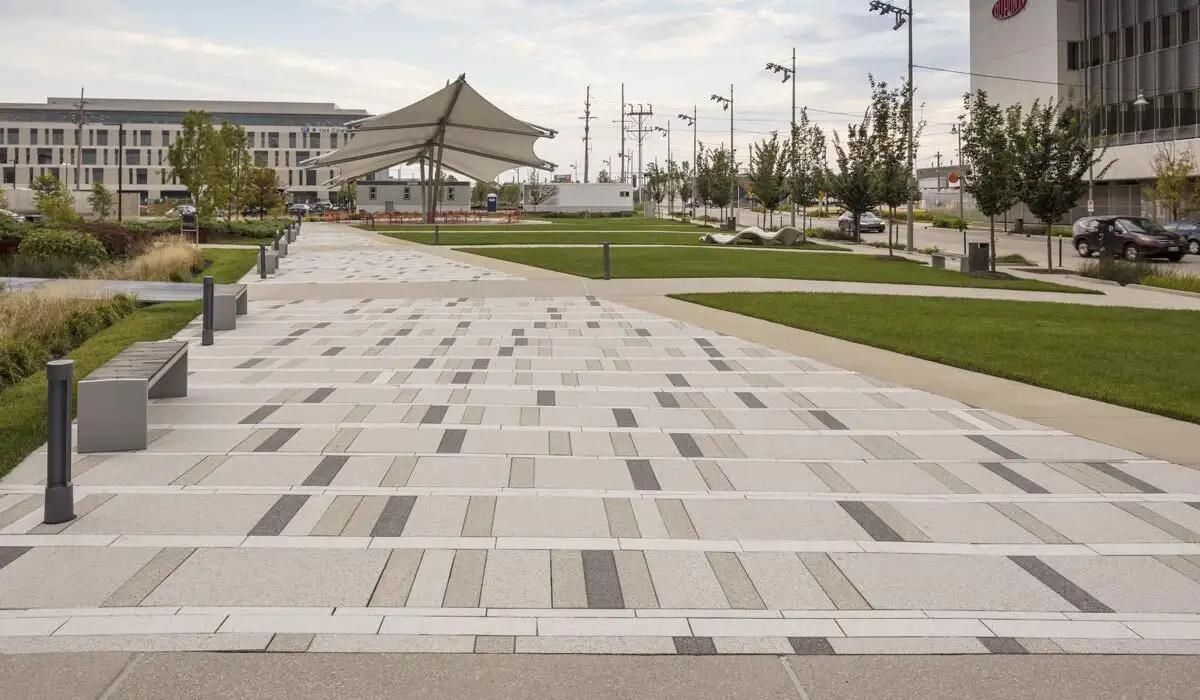
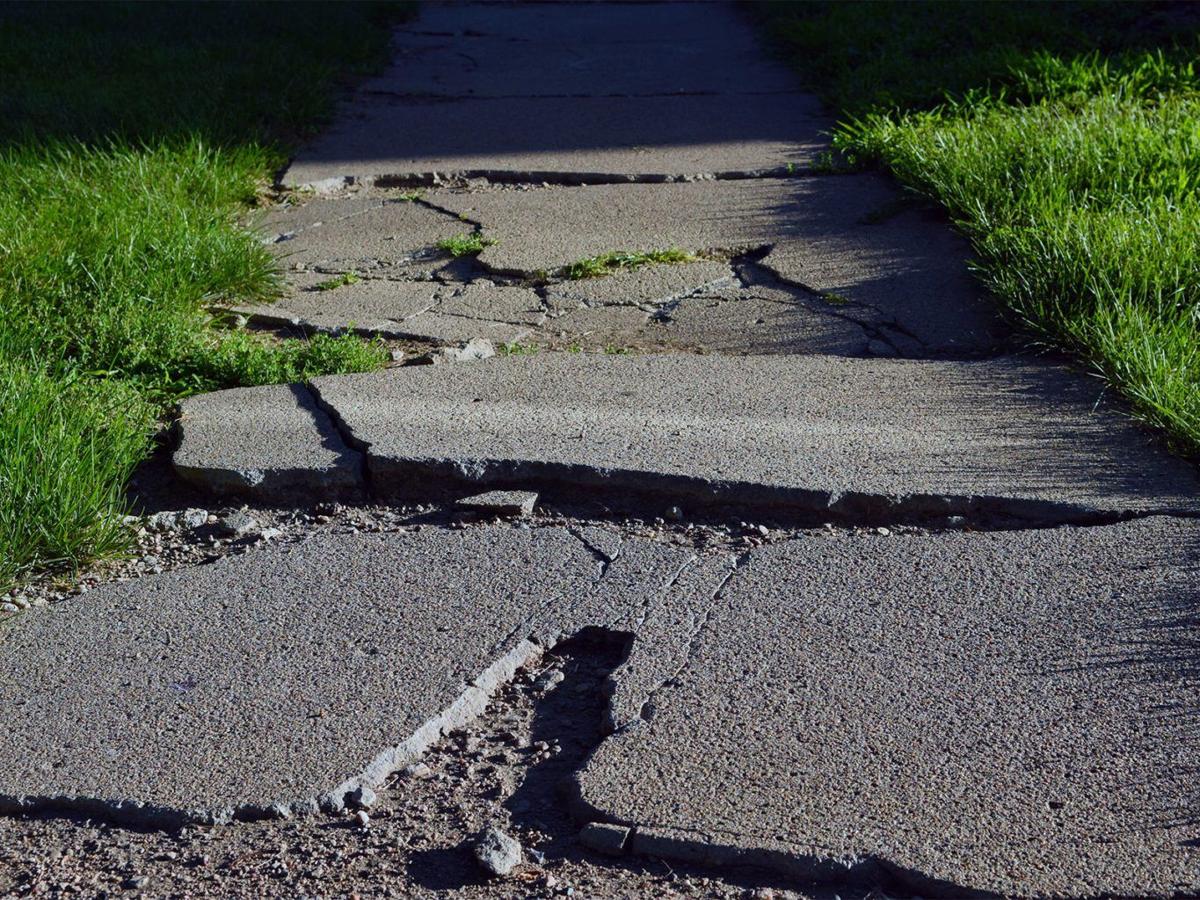
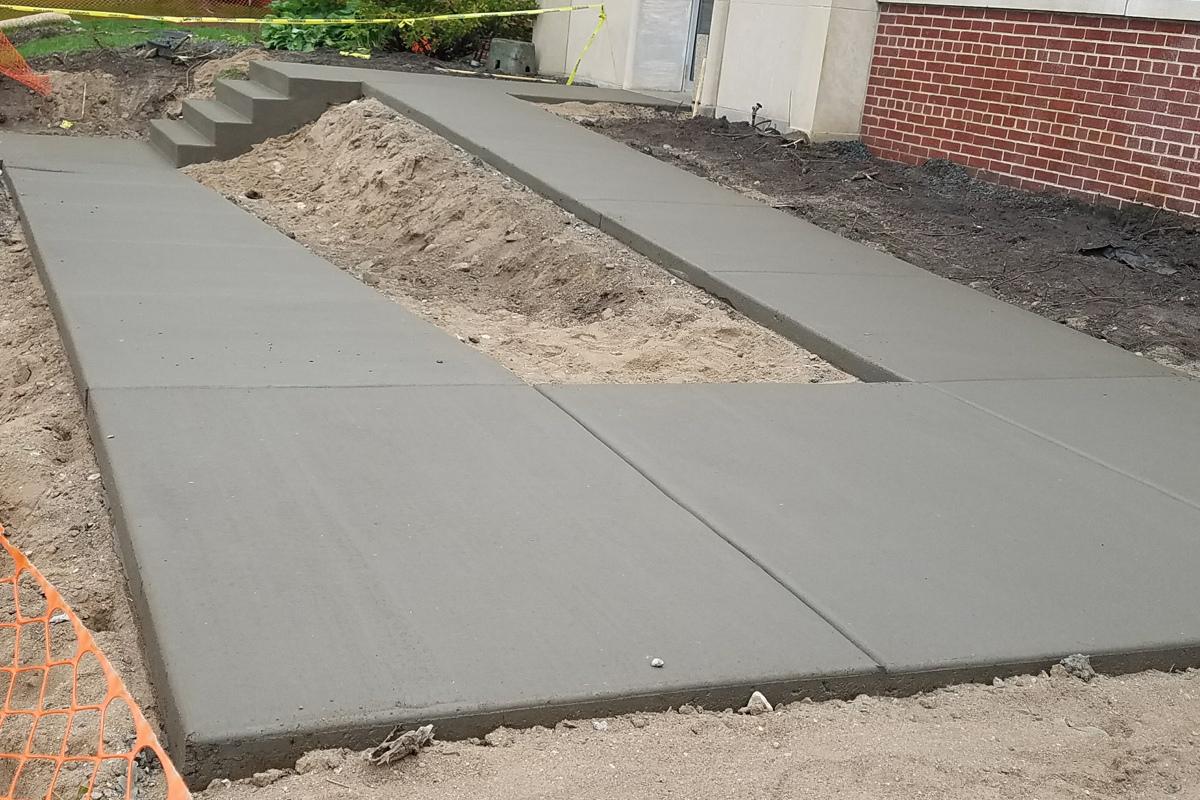
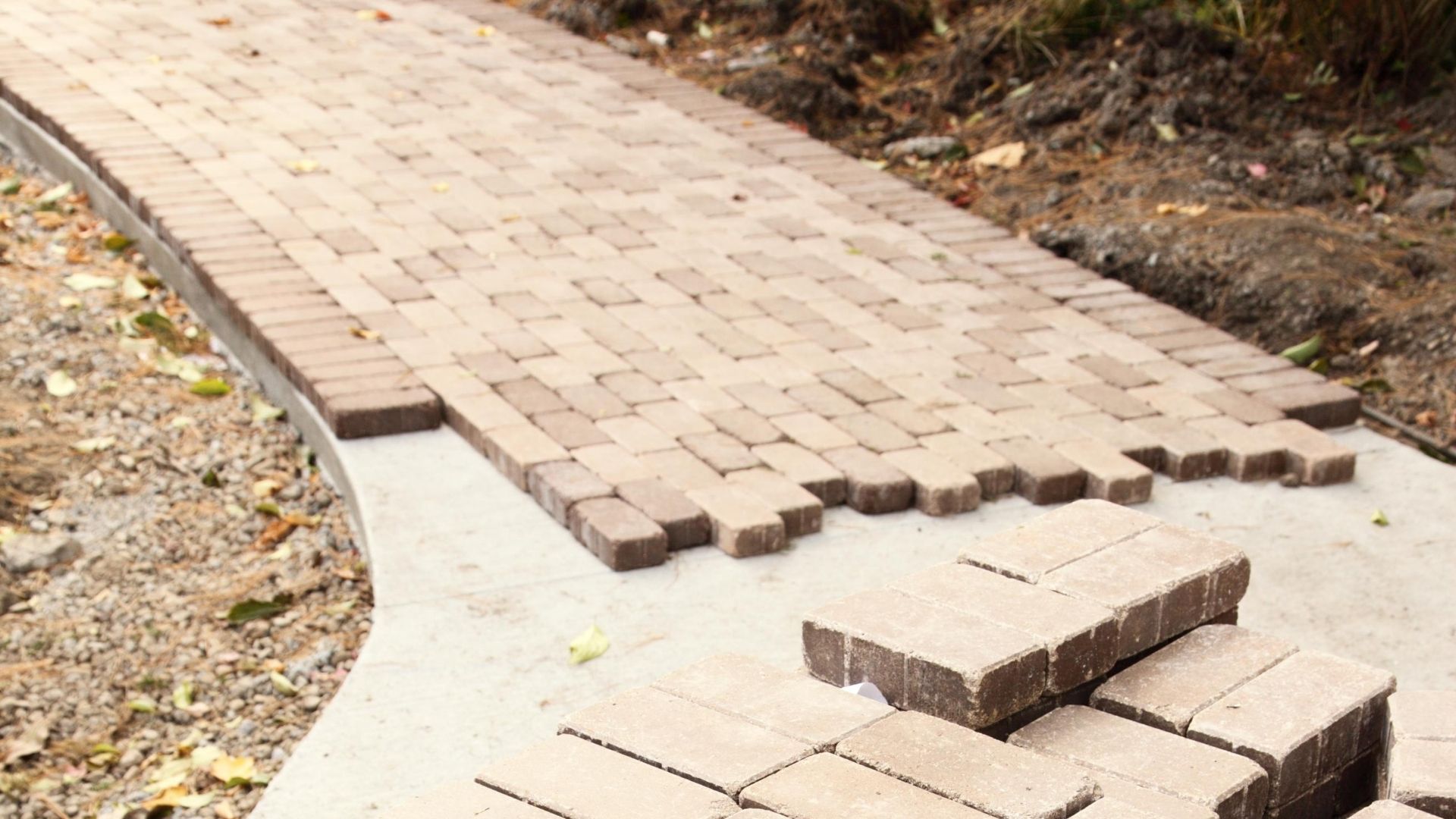

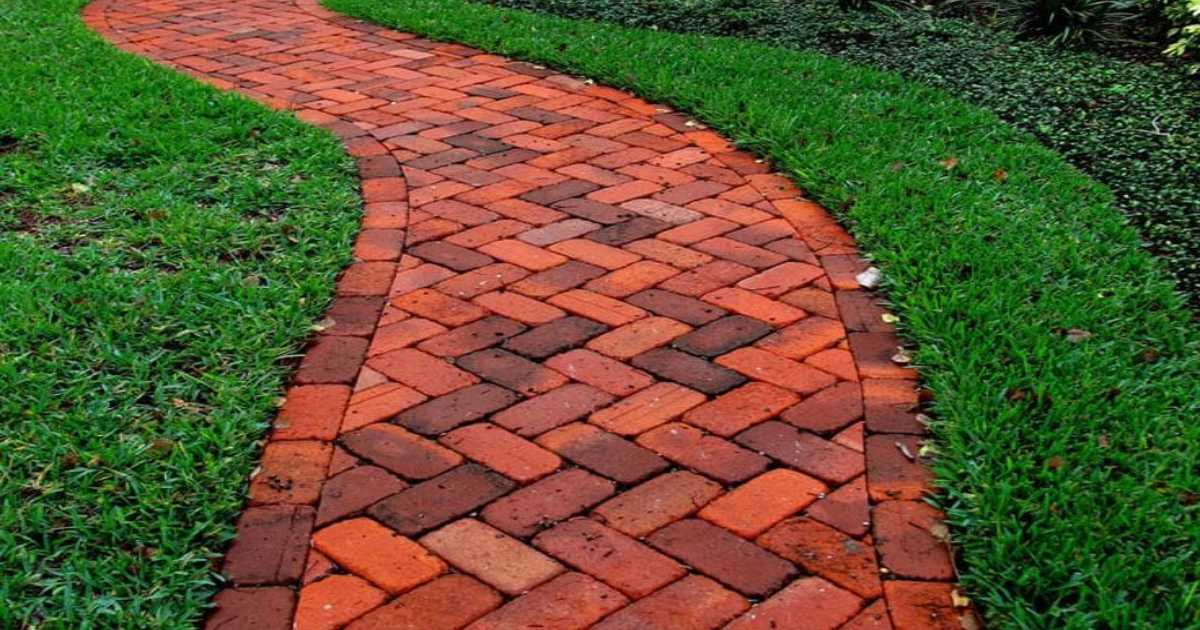
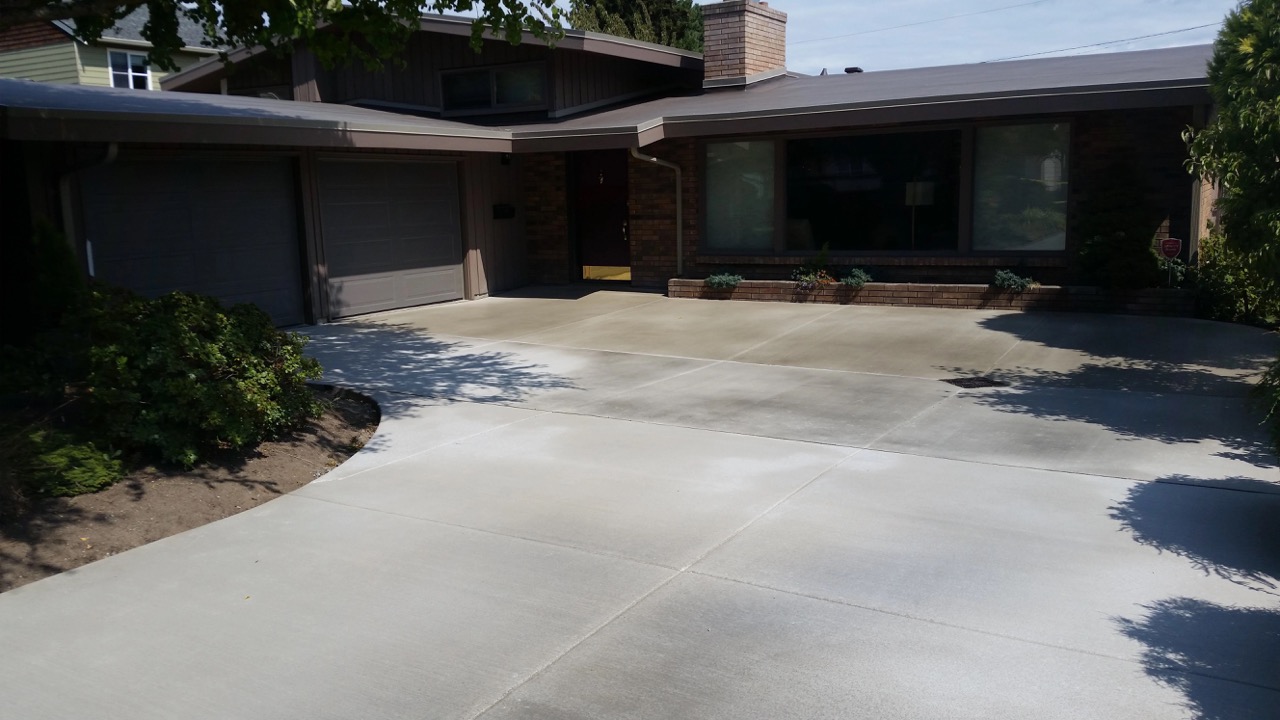
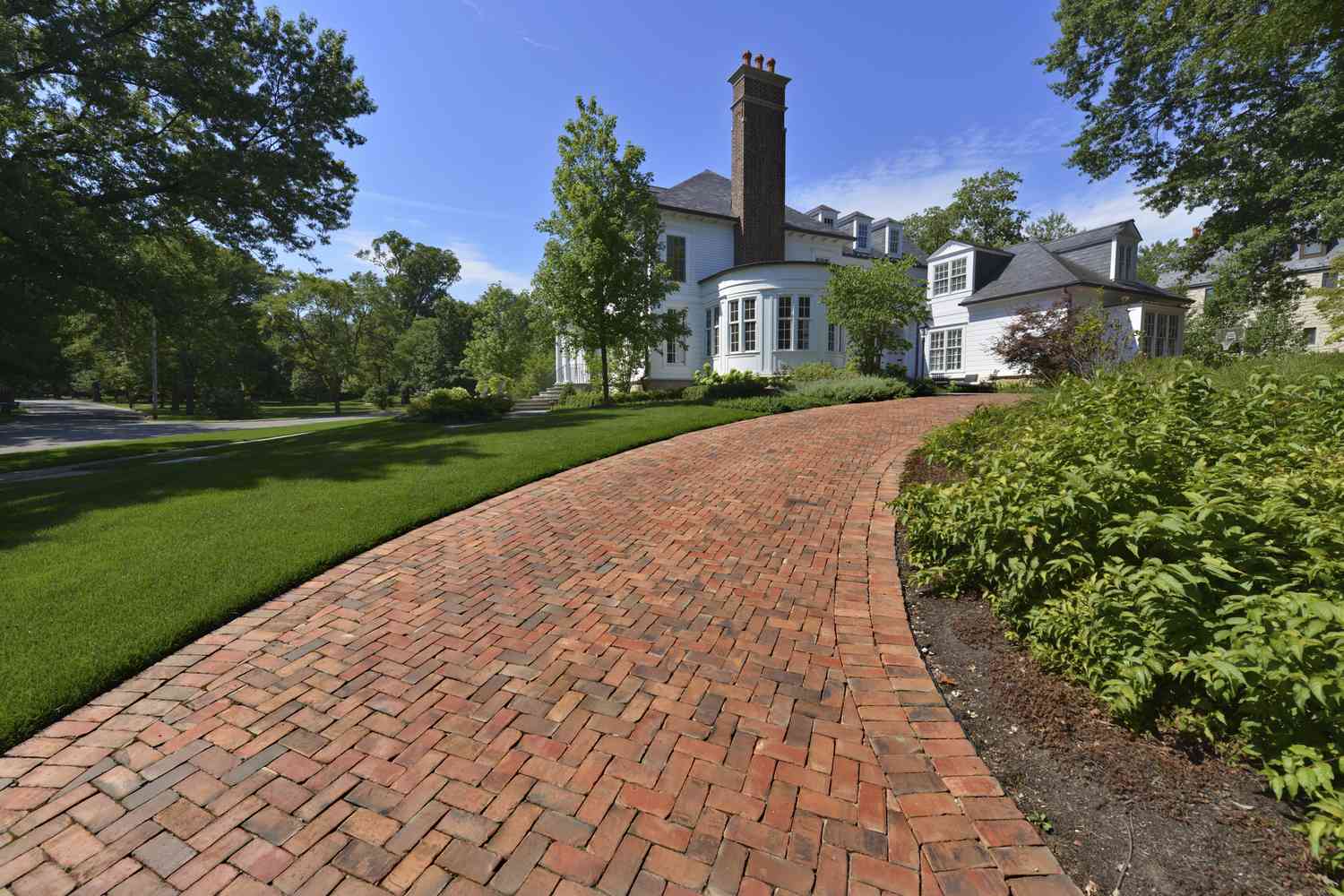
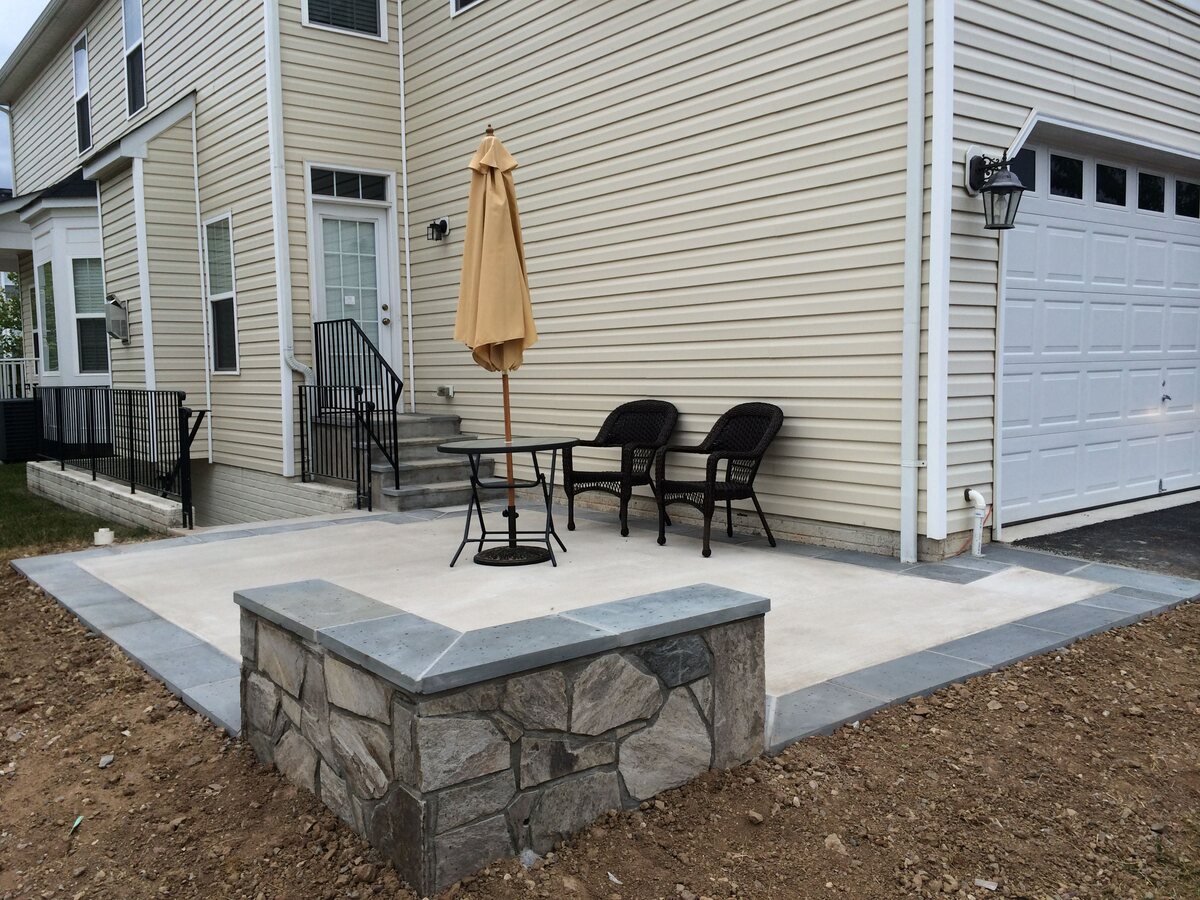
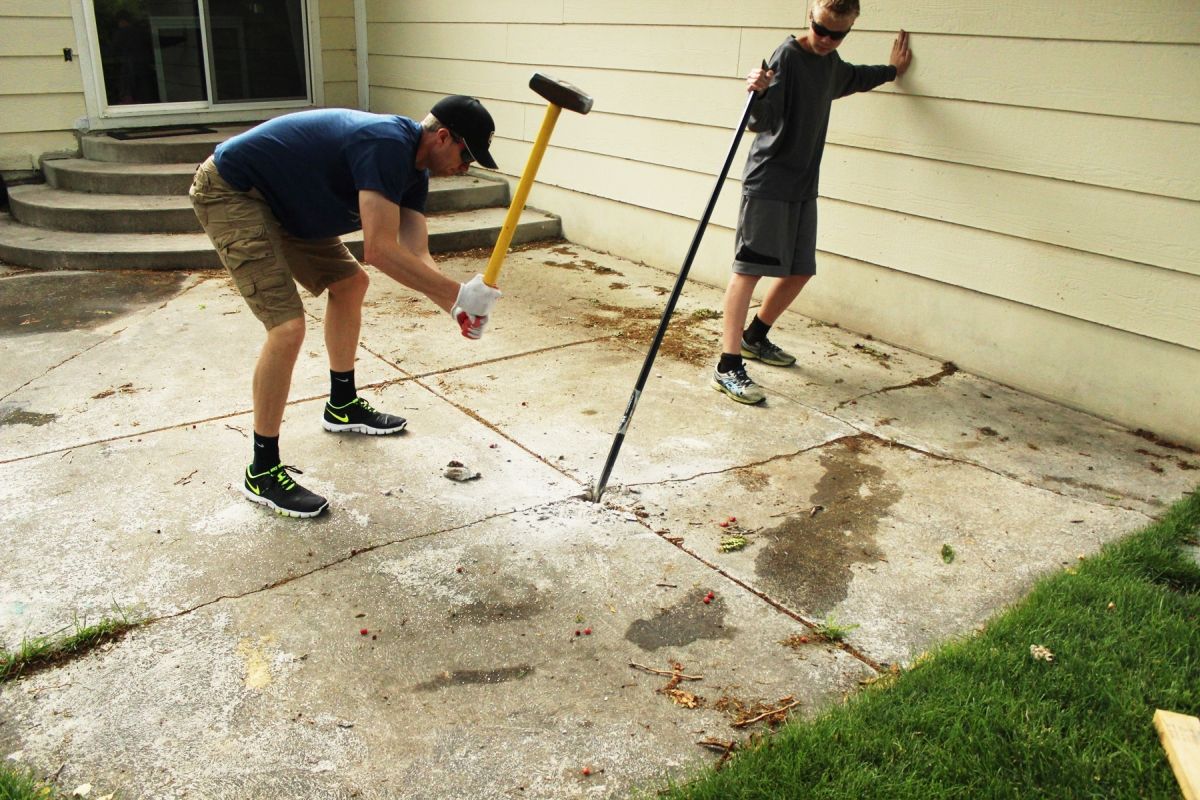

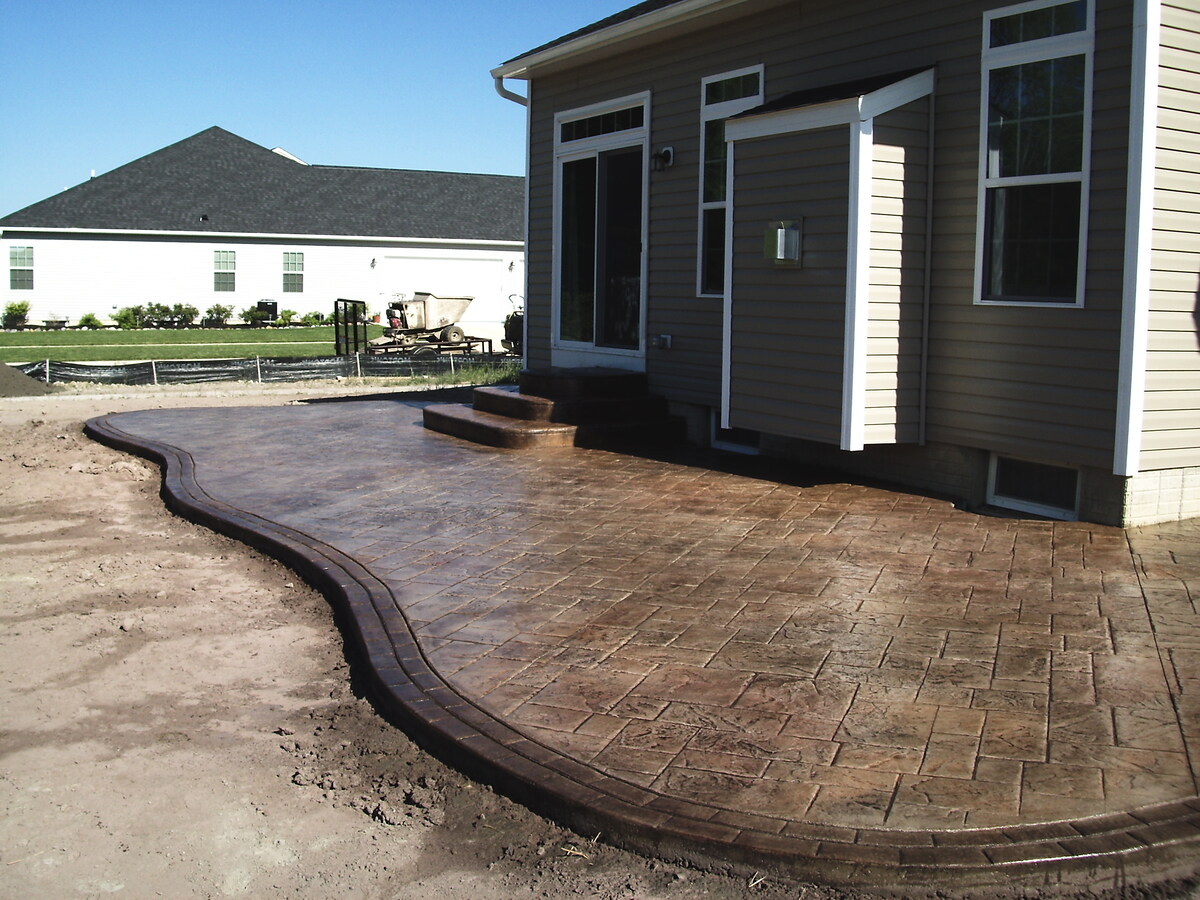
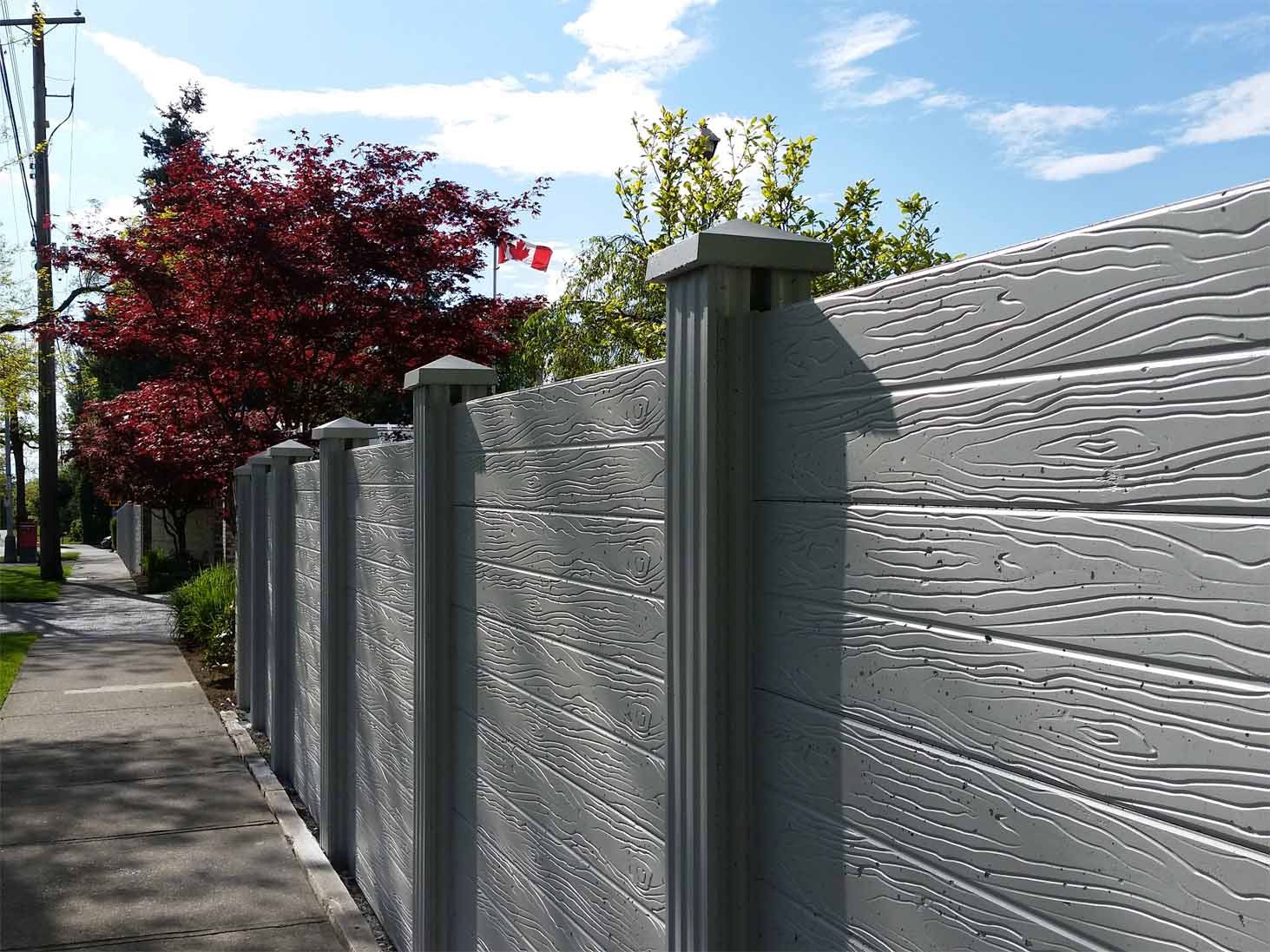
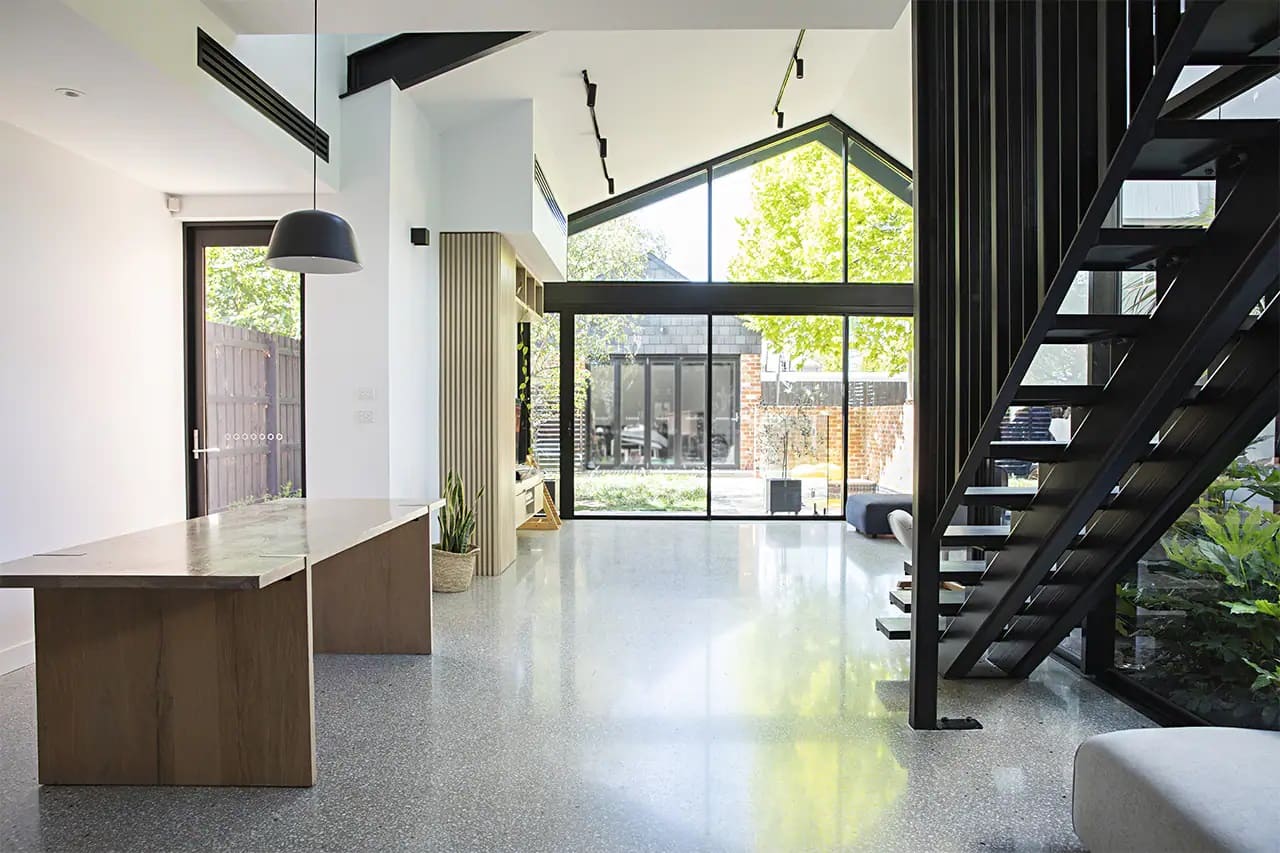

0 thoughts on “How Much Is A Concrete Walkway”